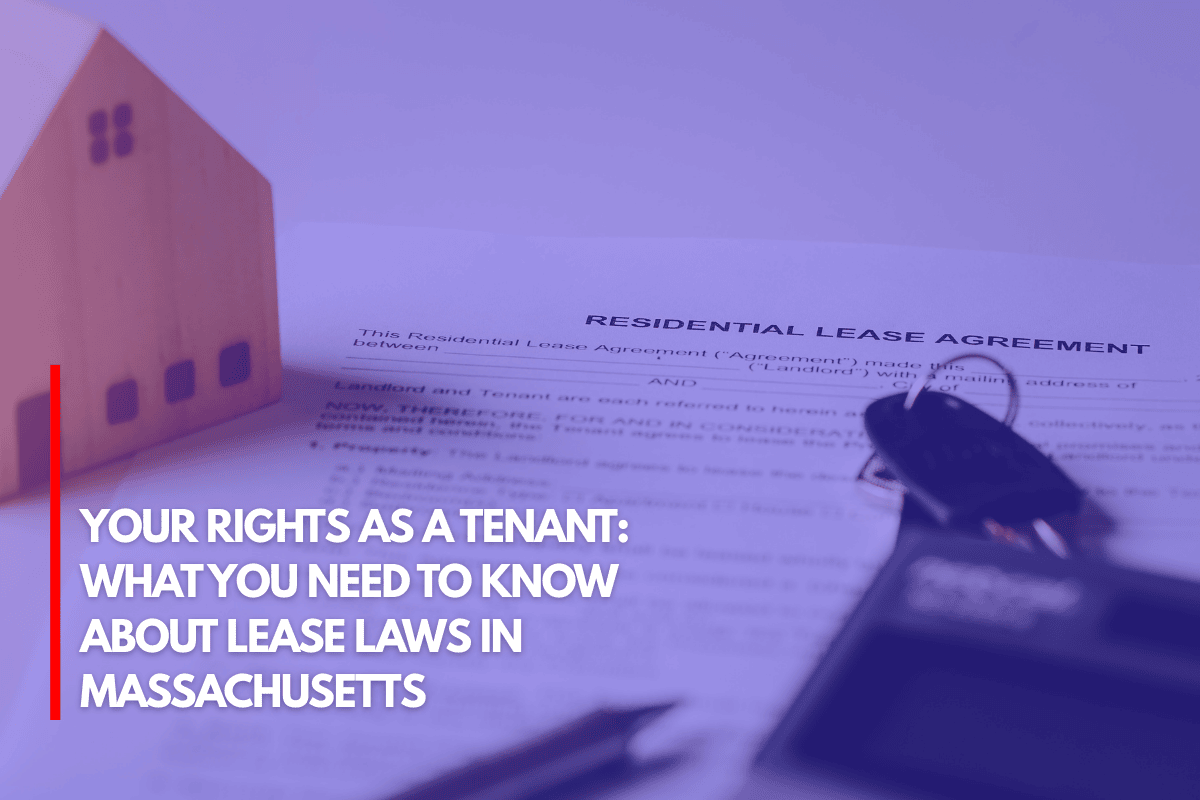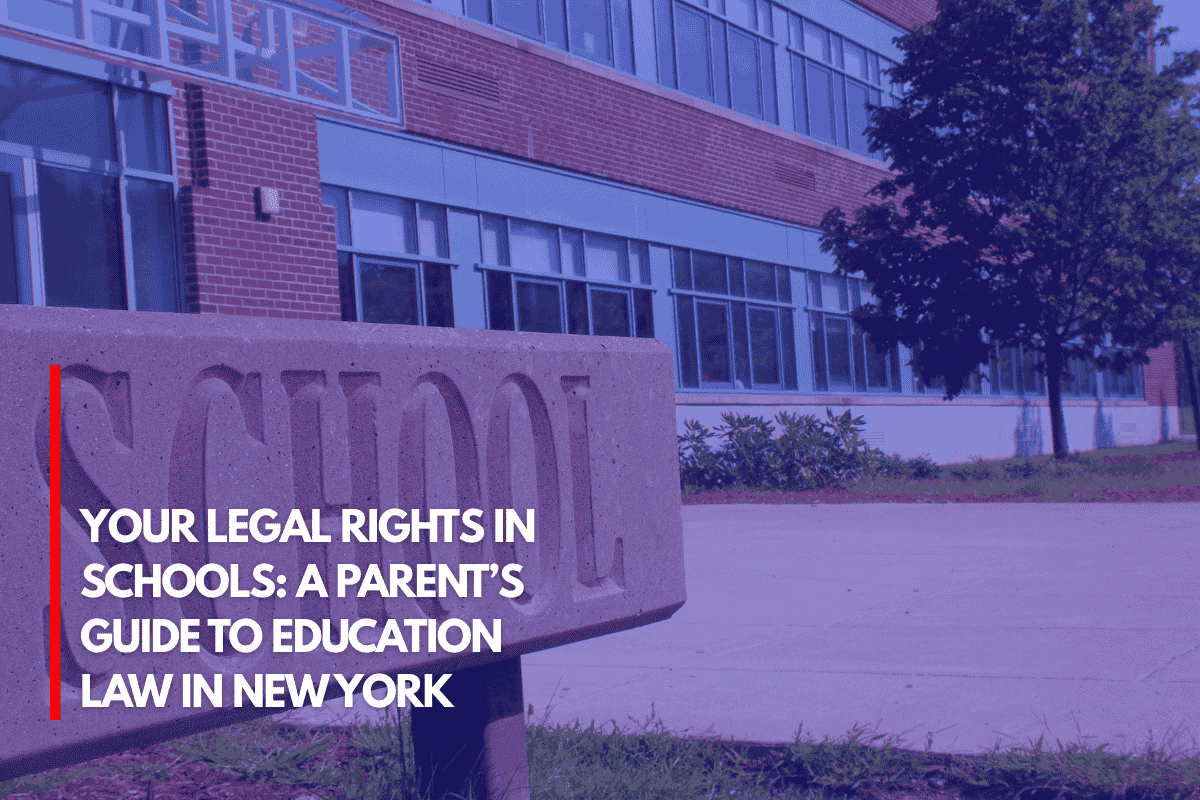Every renter should be aware of the strong safeguards provided by Massachusetts’s lease and tenant rights legislation, particularly in light of the significant revisions that will take effect in August 2025. The most important thing is this:
Key Tenant Rights in Massachusetts
1.
Right to Habitable Housing
Housing that is hygienic, safe, and clean must be provided by landlords. This includes pest management, hot water, working heat, sufficient structural integrity, and adherence to the State Sanitary Code.
2.
Lease Rules and Rent Increases
Leases and Early Signings: To prevent early lease lock-ins, leases cannot be signed more than three months prior to the start of the lease or the expiration of the present lease.
Rent Increases: Beginning in August 2025, rent increases are permitted with a minimum of thirty days’ notice (or longer if rent is not paid on a monthly basis). Currently, Massachusetts does not enforce a statewide cap unless new rent control legislation is passed, but increases must not be punitive (in response to a tenant exercising rights).
3.
Security Deposits
restricted to a single month’s rent. Within ten days after receiving a deposit or moving in, landlords are required to give a Statement of Condition outlining any damage that may present. The right to deduct damages is forfeited in the event of noncompliance.
4.
Broker Fees Reform (Effective August 1, 2025)
Tenants no longer pay the broker fee automatically unless they decide to hire a broker themselves; instead, the broker fee is paid by the party who hired the broker, which could be either the landlord or the renter.
5.
Privacy and Entry
Unless there is an emergency, landlords are required to provide a reasonable amount of notice (often 24 hours) before accessing the property for repairs or inspections.
Eviction and Lease Termination
1.
Eviction Process
Following certain legal procedures, landlords must provide a Notice to Quit and subsequently file a lawsuit. Self-help eviction, utility shutoffs, and lockouts are prohibited.
Tenants have the right to contest an eviction in court, raise defenses (such as retaliation or uninhabitable circumstances), and submit counterclaims.
You have ten days after the court’s ruling to file an appeal, which could delay eviction. Tenants who are elderly or disabled may be granted a stay of execution for up to a year in order to find other housing.
2.
Lease Breaks and Special Cases
Legally recognized grounds such as military duty, landlord harassment, or unlivable conditions allow tenants to terminate a lease. Maintain records and provide written notice.
Anti-Discrimination and Organizing
Race, religion, sexual orientation, age, disability, presence of children in the residence, or source of income are not grounds for eviction or refusal of rent by landlords. Tenants are free to band together and form unions in order to demand equitable treatment.
Quick Reference Table
| Right/Topic | Summary/Details |
|---|---|
| Habitable housing | Heat, hot water, repairs, pest control required |
| Security deposit | Max 1 month s rent; statement of condition required |
| Broker fees | Only the party who hires pays; effective Aug 1, 2025 |
| Rent increases | 30 days notice; not retaliatory |
| Privacy | At least 24 hours notice for non-emergency entry |
| Eviction | Notice, court process, no lockouts or utility shutoff |
| Lease break | Legal grounds exist (military, habitability, harassment) |
| Discrimination | Protected by law; right to organize unions |
Be aware of your rights with relation to privacy, eviction protection, security deposit returns, habitable dwelling, and new fee reforms. Document everything and seek assistance from state organizations, free tenant resources, or legal aid if your landlord violates these laws.
References:









